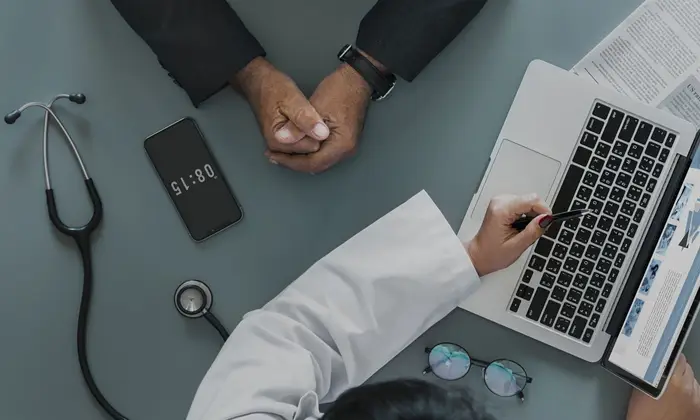The Internet of Things (IoT) is a computing concept that describes the idea of getting physical devices around us to connect smartly with the internet. The IOT has various applications in healthcare, from remote monitoring to smart sensors and medical device integration. As the healthcare industry is booming, more and more organizations are adopting IOT technology.
Here is how the medical centers are using or could use IOT for health care-
- Inventory Management – Hospitals can use IoT to track inventory in as extensive a manner as would be required.
- Healthcare Workflow Optimization – The use of wireless infrastructure and tag devices such as wristbands and ID badges, allow hospitals to manage throughput. Moreover, IoT will also allow hospitals to evaluate throughput to locate bottlenecks and resolve them.
- Medical Device Integration- Medical centers are looking into glucometers, blood pressure cuffs and other devices that can accumulate data and statistics on patients’ vital signs. The expectation is to collect that information in a more automated way and apply some decision support rules to that data to enable healthcare providers to intervene on the patients formerly in the process.
- Keeping Patients Safe & Healthy- Hospitals can use the IoT to keep newborns safe and enable nurses to get quick updates as soon as the vital signs of patients change.
- Superseding Doctors’ Visits- The IoT can be used to accumulate data that would normally be taken at a doctor’s clinic. The doctors can later use this data to get a more holistic view of a patient’s health.
What does RFID technology hold for the future?
Over the past 19 years, Internet of Things has risen to be a worldwide term for all connected things as part of the cyber-physical industrial revolution, whereas RFID technology has taken a back seat to connected sensors. However, the future of RFID looks promising.
RFID in healthcare services will be a significant aspect of the future as the future of IOT in healthcare is limitless. It is well known that RFID technology has the potential to save healthcare organizations time and money by offering real-time traceability, communication, identification, temperature, and location data for people and resources. There has been a slow and steady adoption of RFID technology; and along with increased adoption of RFID technology, new technologies will help make RFID more dependable and cost-effective for a higher number of applications. For instance, in the future, we will be able to place RFID chips in the human bodies, holding the medical histories of the people. Such advancements in the healthcare industry are only a few decades away from us.
So the future of RFID is here, and end users should be finally ready to leverage these innovative technologies and prepare themselves for increased use of RFID and its applications.
